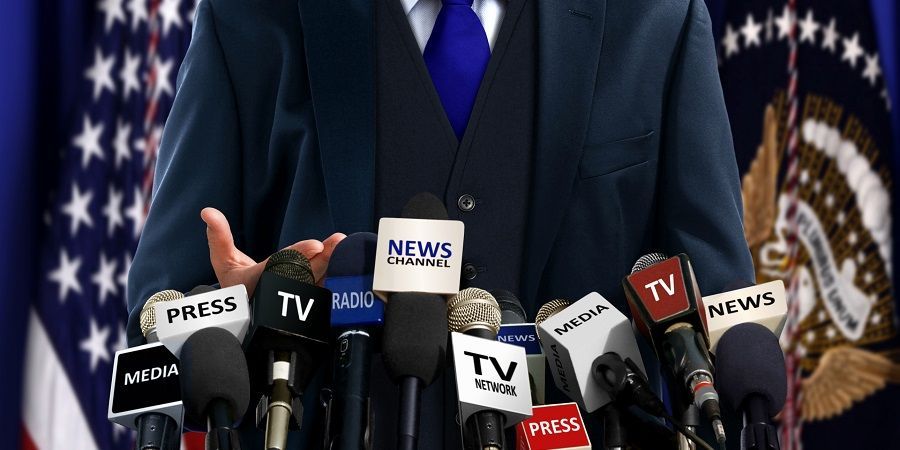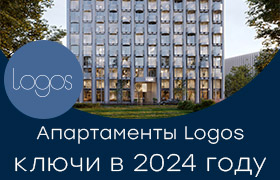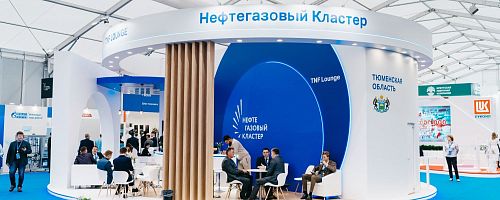Yanukovych Will Return as Premier
Viktor Yanukovych could begin unpacking his boxes as early as Friday in the prime minister's office he vacated in 2004.

Ukrainian President Viktor Yushchenko endorsed the candidacy of his one-time rival for the prime minister's post in a televised speech at 2 a.m. Thursday, two hours after a midnight deadline passed.
Later in the day, he sat down with Yanukovych and parliamentary Speaker Oleksandr Moroz to sign a 27-point national unity accord to continue to seek European Union membership, work toward Word Trade Organization membership, and cooperate with NATO, among other things.
The parliament is to meet Friday to confirm Yanukovych as prime minister.
Yanukovych's selection as prime minister is expected to ease tensions between Moscow and Kiev that have built up over the two years since Yushchenko snatched the presidency away from Yanukovych following fraud-tarnished elections. President Vladimir Putin supported Yanukovych during the campaign, and infamously congratulated him on his victory while tens of thousands of people decried electoral fraud in Kiev's streets. The peaceful Orange Revolution protests prompted a new election, which Yushchenko won.
Yanukovych, who served as prime minister in the previous president's government, now finds himself in position to play the role of dealmaker with Russia, said Sergei Markov, a Kremlin-connected analyst.
"The two countries will have to renegotiate a lot of different issues, and these will be difficult talks," he said. "But now the sides will seek to cut deals rather than to affirm their positions."
Communist leader Gennady Zyuganov, apparently the only Russian politician who reacted publicly to the developments Thursday, called on Yanukovych to stick to the leftist, pro-Russian positions that secured victory for his Party of Regions in parliamentary elections in March. Zyuganov urged Yanukovych not to bow to pressure from Yushchenko, whom he called "pro-American."
Yanukovych sees himself as a guardian of Russian culture and the Russian language in Ukraine. But he also has to protect the interests of Ukraine's businesses, which are the biggest rivals to Russian businesses, Markov and other analysts said. Therefore, Yanukovych's appointment does not mean that Ukraine will abandon its pro-Western course and return to the Russian fold.
Foreign policy, for one, will still be decided by Yushchenko, who also retains the authority to appoint a foreign minister.
"Yushchenko may well keep Boris Tarasyuk in that position," said Kost Bondarenko, head of the Kiev Institute for Governance Research, a think tank. Tarasyuk is an avid proponent of Ukraine's entry into the EU and NATO.
Thursday's national unity agreement appeared to cement the country's pro-Western course. Yushchenko urged all the parliamentary factions to sign it. Noticeably missing from the signing ceremony was Yulia Tymoshenko, whose bloc came in second in March parliamentary elections, after Yanukovych's Party of Regions.
Tymoshenko, who held the prime minister's post after Yushchenko's election, had sparred with Yanukovych for the post in recent months. The return of Tymoshenko as prime minister would have threatened Russian businesses with new trade barriers and even reprivatizations.
In contrast, Yanukovych is good for Ukraine's business climate, including for Russian investors, because he promises to bring stability after months of political turmoil, said Kirill Dmitriyev, managing director of the Moscow-based Delta Private Equity Partners.
His selection as prime minister also puts an end to Kiev's active opposition to its former trade and industrial partner Russia, said Mikhail Zak, a market analyst with Gazprombank. Calmer relations between the two countries would mean less risk for investors, he said.
"Ukrainian politicians have only been playing games with Russia for the past 15 years, so for Russia and Russian investors, the situation has not become better than it was before the Orange Revolution," Zak said.
Foreign policy-wise, Yanukovych will become a counterbalance to the blatantly Russia-wary Ukrainian leadership, said Tim Ash, an emerging markets analyst with the London-based Bear Stearns brokerage.
"With Yanukovych the prime minister, Kiev will keep balance between the West and Russia, or rather play one against the other," he said.
The Orange Revolution caused the Kremlin to stop viewing Ukraine as an ally, regarding it instead as a traitor regime. The Kremlin then stripped Ukraine of the economic perks it had offered to friendly governments of other former Soviet republics, mainly in the form of discounted energy resources.
Ukraine's reluctance to agree to a steep price hike for natural gas -- as demanded by state-owned Gazprom last year -- led to a brief shutdown of gas supplies in January that sparked fears in Western Europe of whether Russia would continue being a reliable supplier. Eighty percent of Russian gas exports to Europe go through pipelines traversing Ukraine.
Gazprom has indicated that it is ready to hold prices in exchange for the control over the Ukrainian gas pipelines.
The price now stands at $95 per 1,000 cubic meters, compared with $50 last year, and Gazprom has threatened to push the price up in the coming months.
During his party's parliamentary campaign, Yanukovych vowed to negotiate with Russia for cheaper gas, and now he will have a chance to show how much clout he has, Ash said.
"Cheap energy for Ukraine inevitably means losing some control to Russia," he said.













